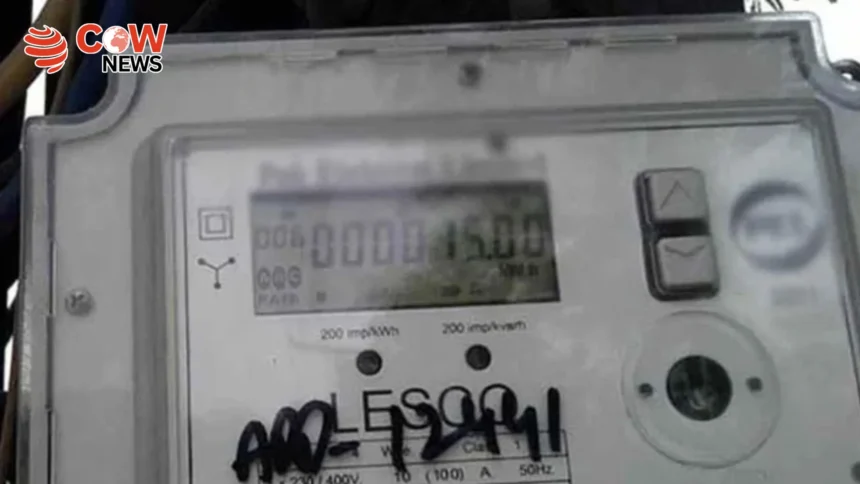Islamabad( The COW News Digital) — A staggering audit report by the Auditor General of Pakistan has revealed that eight state-run power distribution companies have been involved in massive overbilling, totaling a whopping Rs244 billion. The overbilling was allegedly used to cover up inefficiencies, line losses, and electricity theft.
According to the report, the companies named in the scandal include Islamabad Electric Supply Company (IESCO), Lahore Electric Supply Company (LESCO), Hyderabad Electric Supply Company (HESCO), Multan Electric Power Company (MEPCO), Peshawar Electric Supply Company (PESCO), Quetta Electric Supply Company (QESCO), Sukkur Electric Power Company (SEPCO), and Tribal Areas Electric Supply Company (TESCO).
In just one month alone, over 278,649 consumers were issued inflated bills amounting to Rs47.81 billion. The audit further revealed that in FY 2023-24, an estimated 904.6 million additional electricity units were wrongly billed to consumers under the guise of regular usage.
QESCO, in particular, was found to have overbilled agricultural consumers by more than Rs148 billion, using inflated consumption figures for tube wells. The report accuses the company of intentionally overbilling to mask poor performance and significant energy losses in its region.
The audit also highlights that 18.64 billion rupees in excessive billing was made through 1,432 feeders, while Rs22 billion was wrongly charged under the pretext of balancing line losses. Despite requests, the concerned companies failed to provide full records to audit authorities, further raising suspicions.
In some instances, consumers were refunded part of the excessive amounts. A total of Rs5.29 billion was returned due to incorrect meter readings, while PESCO granted Rs2.18 billion in multi-credit adjustments.
The report severely criticizes the lack of accountability, noting that no disciplinary action was taken against officers responsible for overbilling or concealing losses. Audit authorities have now formally sought explanations from all eight distribution companies involved.
This revelation comes at a time when the power sector is already under public scrutiny for frequent load shedding, rising electricity tariffs, and circular debt. Citizens and consumer rights groups are demanding transparency, refunds, and criminal proceedings against those found guilty of defrauding the public.







